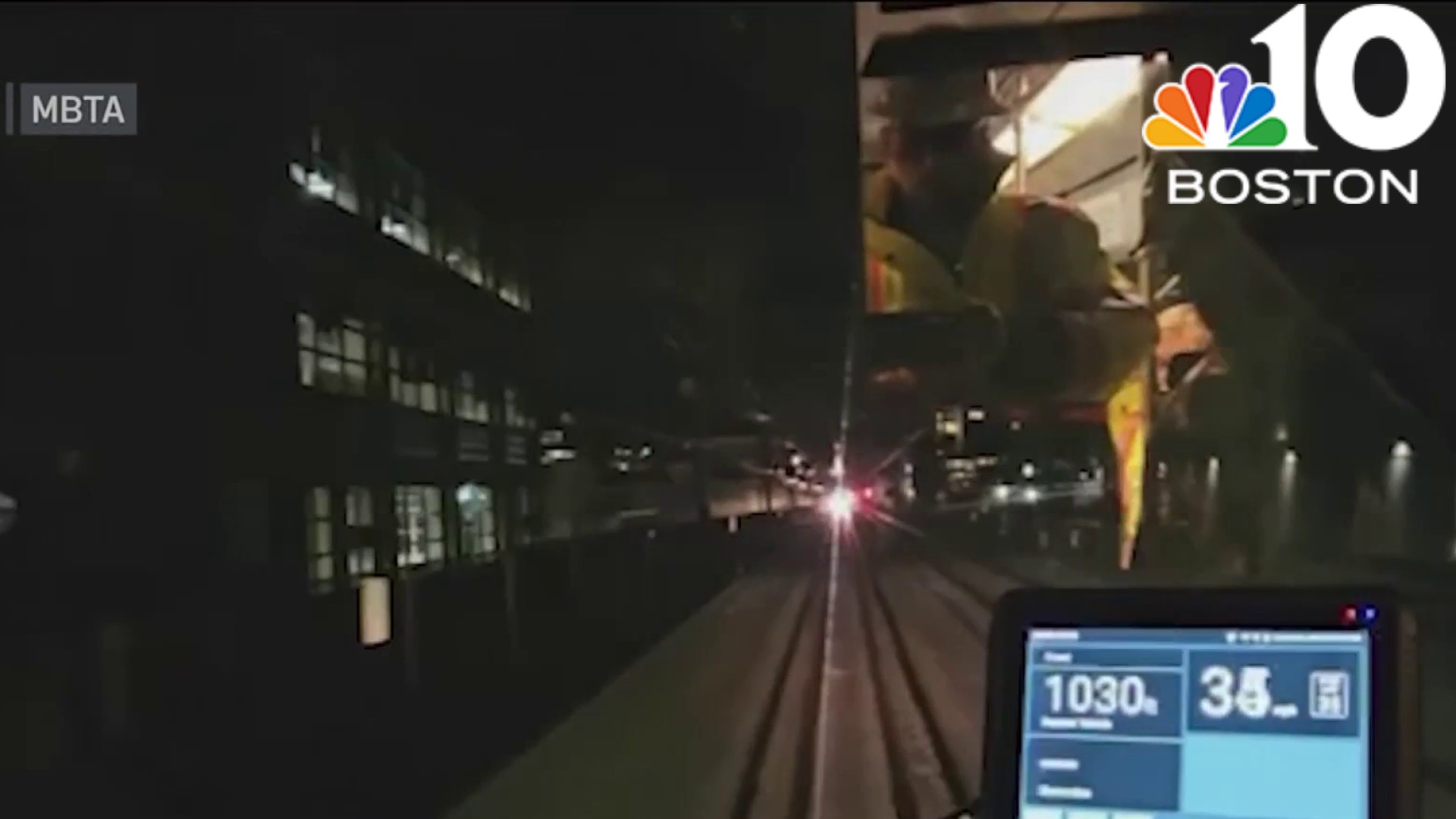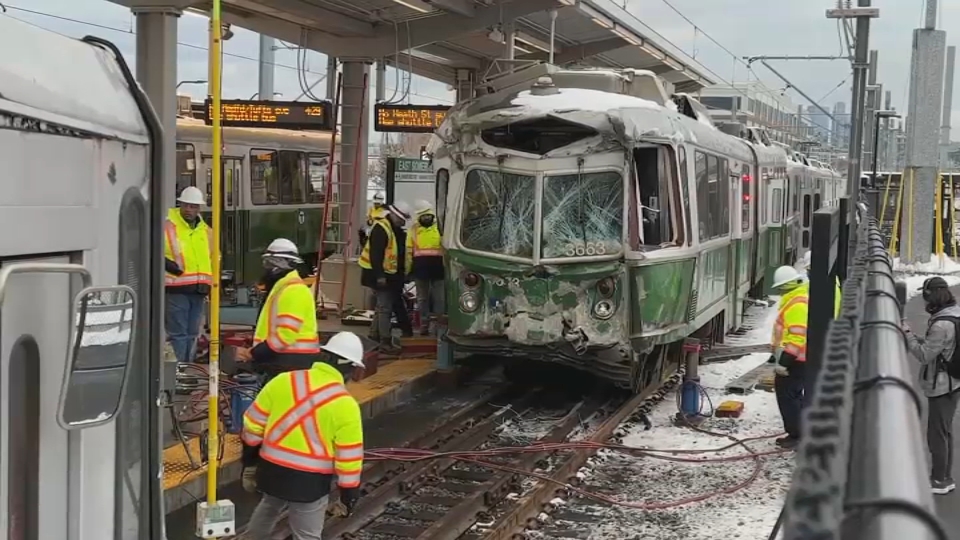MBTA General Manager Phillip Eng brought NBC10 Boston on board one of the new all-battery electric buses being road-tested.
It’s one of the first things you notice when you ride one of the MBTA’s new battery electric buses: it’s quiet.
“This is just the future. This is for the ability for us to give our operators state-of-the-art technology,” said Phillip Eng, MBTA General Manager.
WATCH ANYTIME FOR FREE
Stream NBC10 Boston news for free, 24/7, wherever you are. |
NBC10 Boston was the only station on board one of the four state-of-the-art buses that’s being road tested.
“It really is just to see all of the temperatures, the road conditions and the different elements and also getting our operators accustomed to the new buses,” said Eng.
Get updates on what's happening in Boston to your inbox. Sign up for our News Headlines newsletter.
The MBTA ordered 80 of them at around $1.4 million apiece. Much of the cost was funded by the bipartisan infrastructure law. The first few buses will hit the streets in the spring with all 80 on the road by 2027. The goals are to reduce emissions and create a greener fleet.
On board the test drive, workers ran realtime data through a computer to see how the battery performs. Currently the buses run on 150 miles per charge. And instead of passengers on board, they used weighted containers to simulate a packed bus.
“That helps us determine whether or not the batteries are large enough to meet our daily service,” said Bill Wolfgang, MBTA Senior Director of Vehicle Engineering. “It’s performing quite well as we’re going into these full loaded weight rating tests and our empty tests, so everything is going as planned.”
The buses also have a collision avoidance system with sensors on the outside that can detect people and vehicles nearby.
They will charge inside a newly renovated North Cambridge bus maintenance facility set to open later this year along with a brand new Quincy facility. The buses take a few hours to charge and will replace the current fleet.
“Now we’re just starting to blossom and become fully engaged in electric,” said Wolfgang. “Yeah, it’s an exciting time.”
Running older buses is costing the agency more in maintenance which is why Eng says they’re making the $119 million investment.
“We are focused on giving better service to the public and state of the art, clean, modern, safe and secure,” he said.




